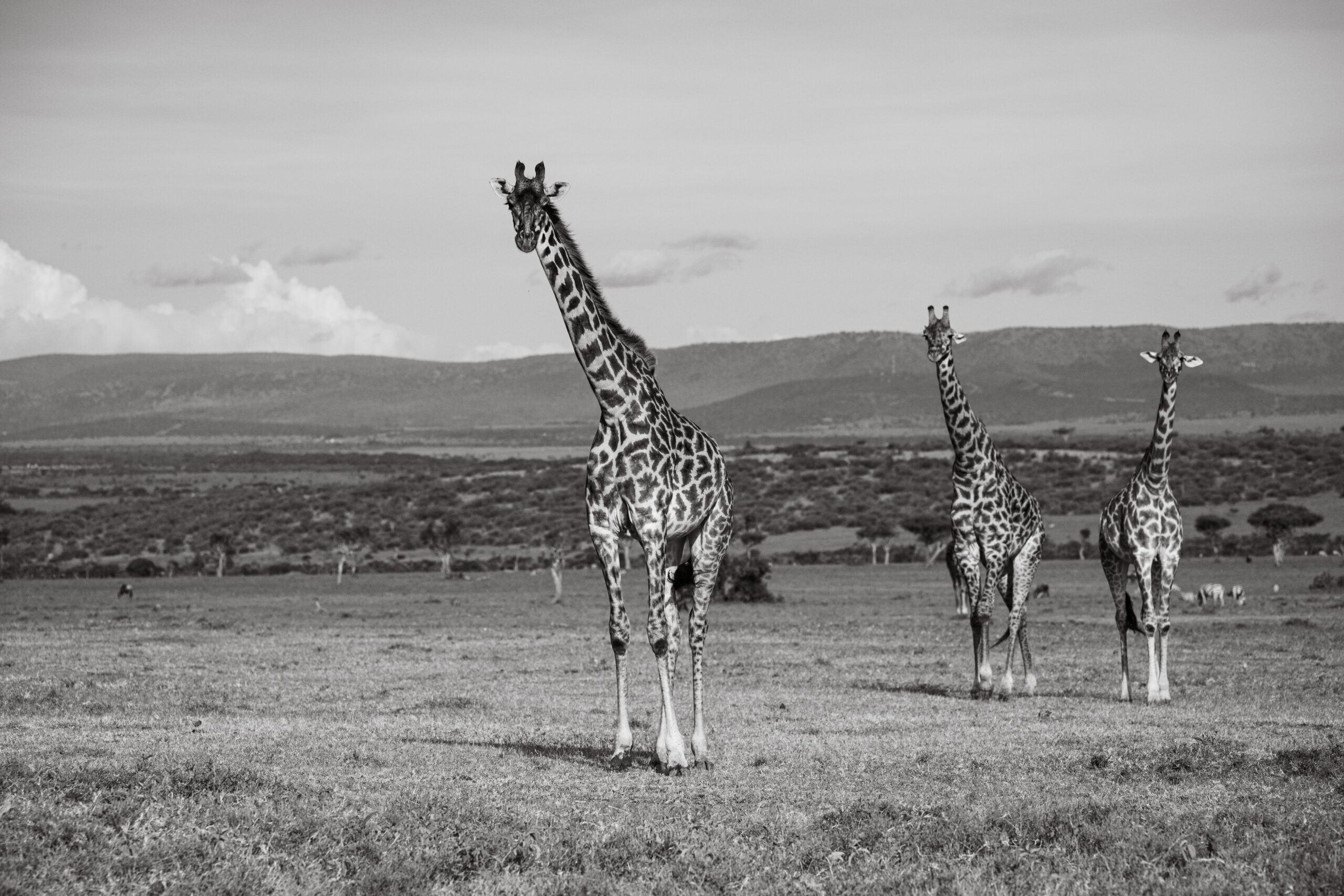Contact us at eacblorg@gmail.com
Coming Soon.....

A platform built for thinkers, doers and changemakers. Designed to connect ideas, institutions and impact.

A platform built for thinkers, doers and changemakers. Designed to connect ideas, institutions and impact.
Contact us at eacblorg@gmail.com